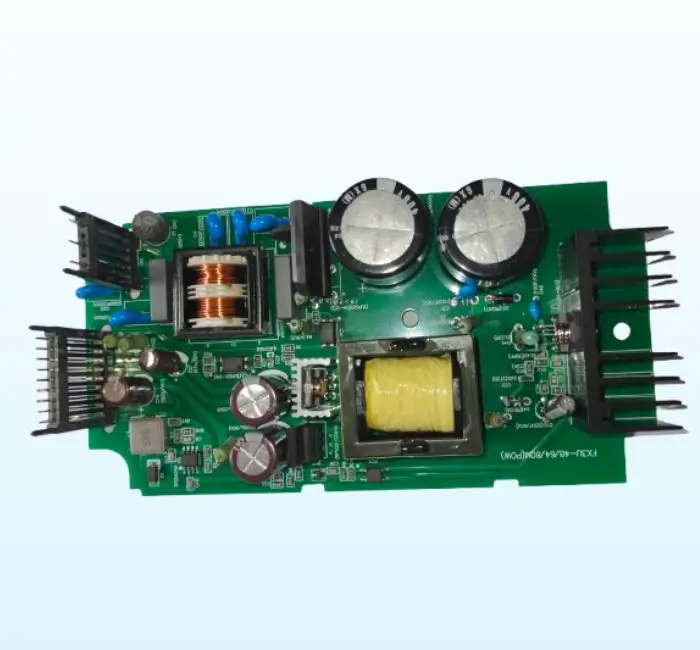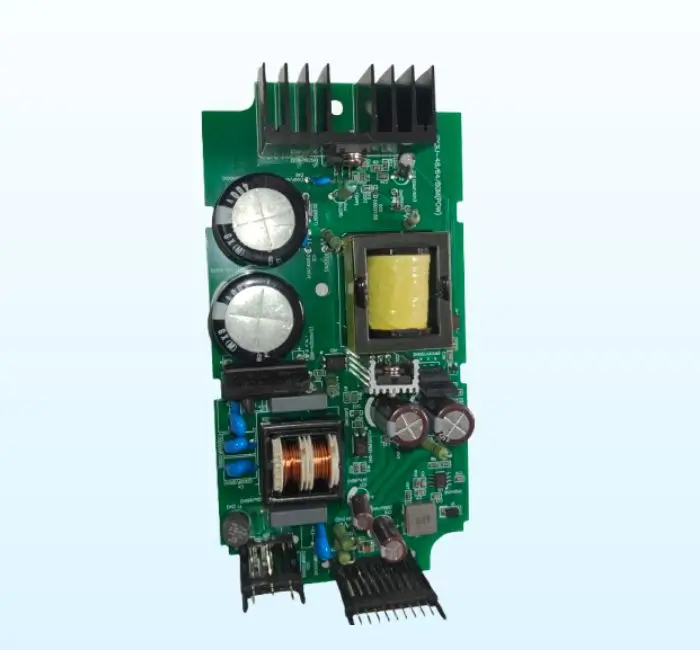PLC Power Supply
A Programmable Logic Controller (PLC) power supply is a crucial component that provides the necessary electrical energy to operate the PLC system and its associated modules. Typically, PLCs operate on either 24V DC or 120/240V AC power inputs, depending on the system design and manufacturer specifications. The power supply unit (PSU) converts incoming voltage to regulated, stable DC voltage levels required for the CPU, input/output (I/O) modules, and communication interfaces.
A Programmable Logic Controller (PLC) power supply is a crucial component that provides the necessary electrical energy to operate the PLC system and its associated modules. Typically, PLCs operate on either 24V DC or 120/240V AC power inputs, depending on the system design and manufacturer specifications. The power supply unit (PSU) converts incoming voltage to regulated, stable DC voltage levels required for the CPU, input/output (I/O) modules, and communication interfaces.
Reliability and stability are essential in PLC power supplies because voltage fluctuations or interruptions can lead to system malfunctions or shutdowns, affecting industrial operations. The power supply is often modular and integrated into the PLC rack or panel, and it may include indicators such as LEDs to show operational status or faults.
In larger PLC systems, redundant power supplies may be used to ensure continuous operation in case of a failure in the primary unit. The power supply also incorporates protection features such as overvoltage, overcurrent, and short-circuit protection to safeguard both the PLC and connected devices. Choosing the correct power supply involves considering the total power consumption of all PLC components and ensuring the PSU can deliver sufficient current with some overhead for future expansion.

 Cart is empty
Cart is empty 


Reviews
There are no reviews yet.